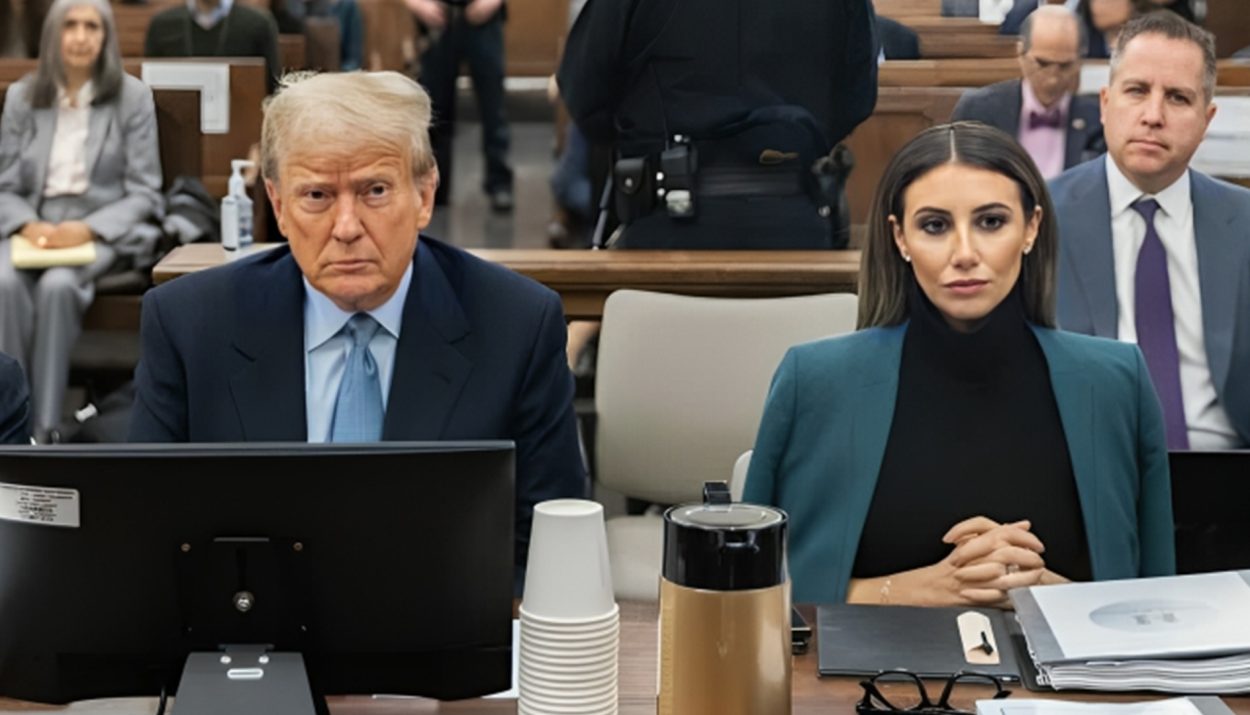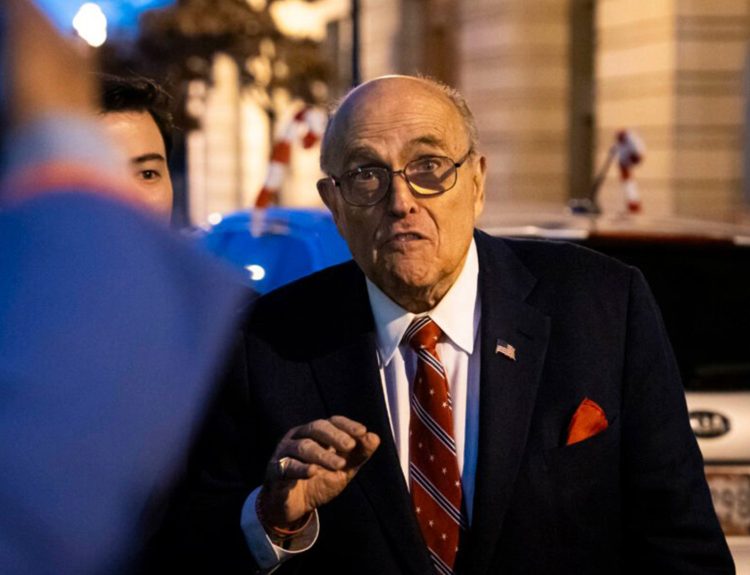With the mounting legal troubles facing former president Donald Trump, the ethical quandaries confronting his attorney, Alina Habba, have come under scrutiny. As a lawyer, Habba must zealously represent her client’s interests.
However, Trump is embroiled in numerous investigations and lawsuits, some of which allege criminal conduct. This forces Habba to carefully navigate her professional responsibilities to Trump while ensuring she acts lawfully.
The situation is further complicated by Habba’s relative inexperience and Trump’s history of problematic interactions with attorneys. Balancing these competing demands will test Habba’s judgment under the glare of an intense media spotlight.
Alina Habba: The Attorney Representing Donald Trump
Alina Habba is an attorney based in Bedminster, New Jersey, who represents former President Donald Trump in various legal matters. By reportedly becoming a member of Trump’s golf club in Bedminster, Habba came to know the former president personally.
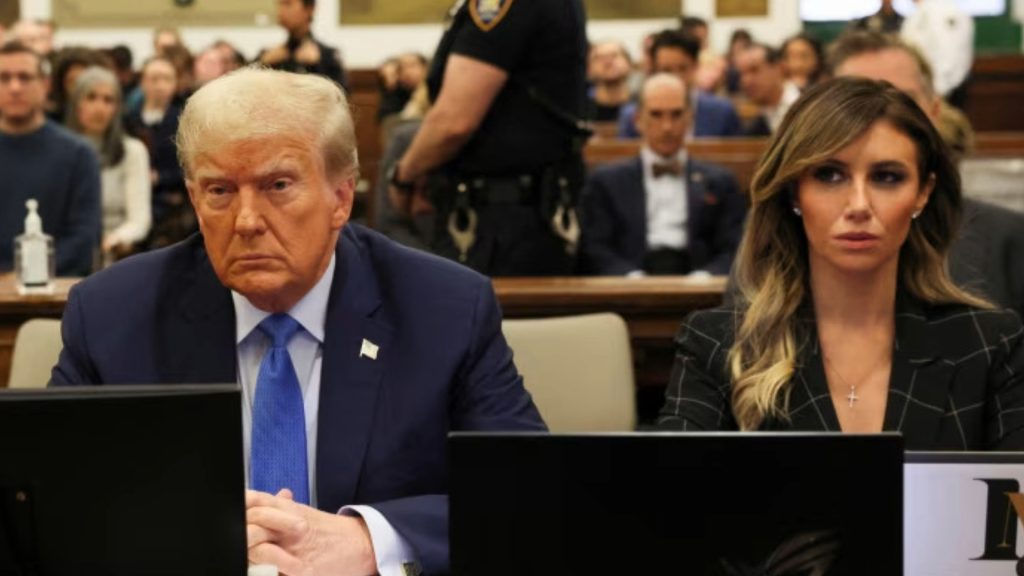
Since then, she has represented Trump in several lawsuits, including the defamation cases brought by E. Jean Carroll, the dismissed racketeering lawsuit against Hillary Clinton and the DNC, and New York Attorney General Letitia James’ civil inquiry into the Trump Organization’s business practices.
Representing Allen Weisselberg
In addition to Trump, Habba briefly represented Allen Weisselberg, the longtime chief financial officer of the Trump Organization. Weisselberg pleaded guilty to 15 felony counts, including grand larceny and tax fraud, as part of a plea deal requiring his testimony in James’ civil case against Trump and the Trump Organization.
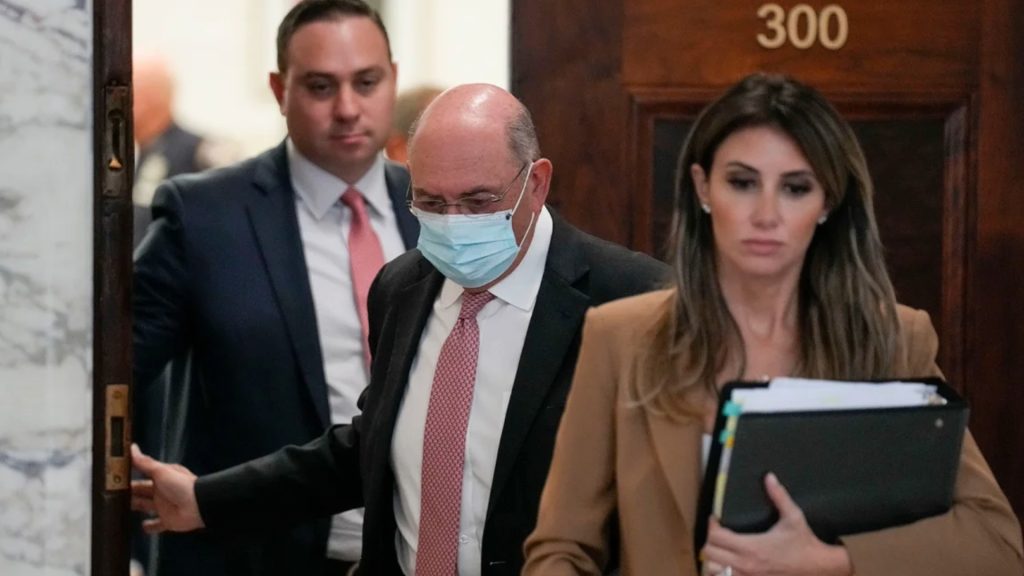
Legal experts have questioned whether Habba’s prior representation of Weisselberg creates ethical conflicts in her current representation of Trump, especially given Weisselberg’s central role as a witness in the civil trial. In response to the judge’s query about Weisselberg’s potential perjury, Habba’s letter did not deny discussing plea negotiations with him or his criminal defense lawyers.
Weisselberg’s Case Complicates Matters
Rubin argues that Habba’s situation is complex, as Weisselberg’s interests now differ from Trump’s her primary client. While Weisselberg pleaded guilty to multiple charges, Trump continues to deny wrongdoing. Habba’s vague reference to “ethical obligations” constraining her response suggests she aims to balance her duties to both clients.
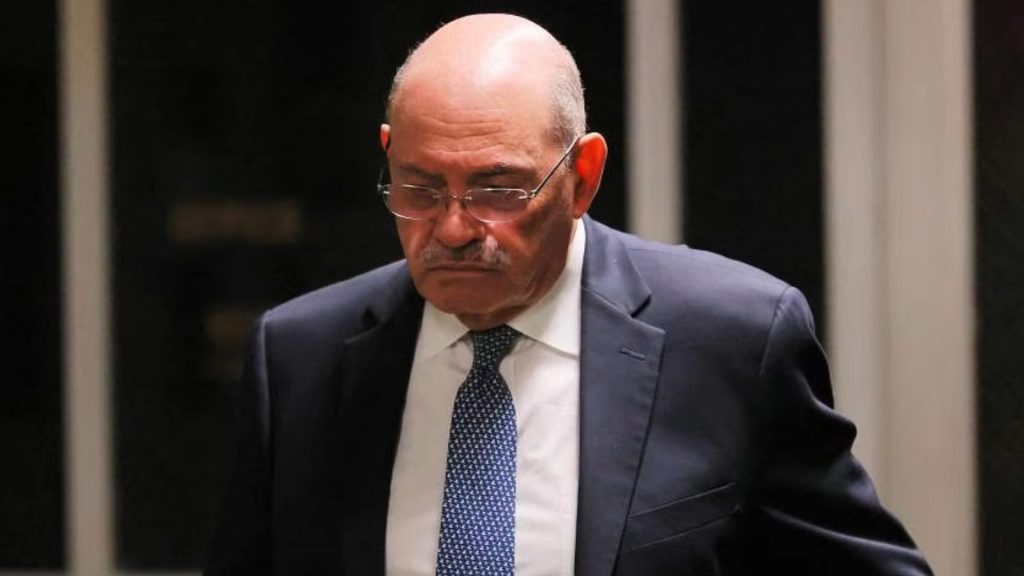
However, as Rubin notes, Habba’s evasive answer and failure to directly address the perjury allegations could seriously damage her own credibility and legal standing. The legal controversies surrounding former President Trump continue to unfold in the aftermath of his 2020 election loss.
Ethical Concerns About Representing Trump
Habba’s representation of Trump has raised questions about her ethical obligations as an attorney. According to legal expert Lisa Rubin, Habba’s peculiar response to Judge Arthur Engoron’s inquiry regarding perjury charges against Allen Weisselberg, the Trump Organization’s former CFO, is particularly troubling.
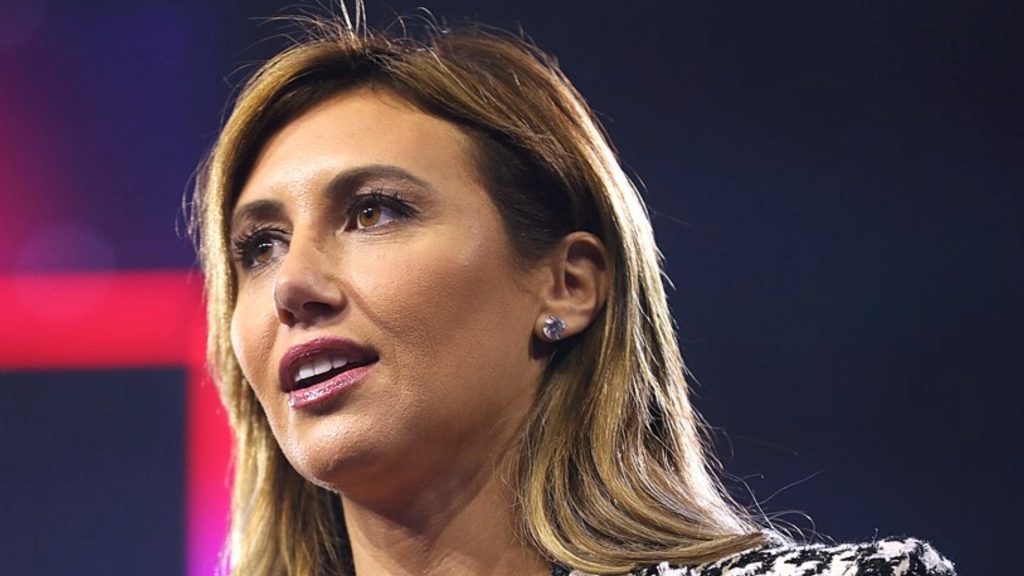
Rubin notes that Habba, who represents Trump and also defended Weisselberg, responded in an “interesting” manner after Engoron, who is presiding over Trump’s financial fraud trial, sought clarification following a New York Times article suggesting Weisselberg committed perjury.
What’s Not Being Said
Rubin points out that Habba does not deny discussing plea negotiations with Weisselberg or his criminal defense attorney. She implies Habba may have breached her obligations under Rule 3.3 of the New York Rules of Professional Conduct, which requires attorneys to be candid with the court.

Image 5 Source: Wikipedia
The Weisselberg issue could damage Habba’s standing as an attorney, especially as Engoron considers the substantial penalties proposed by New York Attorney General Letitia James in her civil lawsuit against Trump. Weisselberg, who worked for Trump for nearly 50 years, is a key figure in James’s case that Trump and his company engaged in fraudulent financial practices.
Weighing Duty to Client vs. Public Interest as a Lawyer
As Trump’s counsel, Habba’s primary obligation is to represent his interests vigorously in legal proceedings. However, this duty is not absolute. Rule 3.3 of the New York Rules of Professional Conduct requires attorneys to correct any false testimony or evidence presented to the court, even if doing so is adverse to their client’s interests.
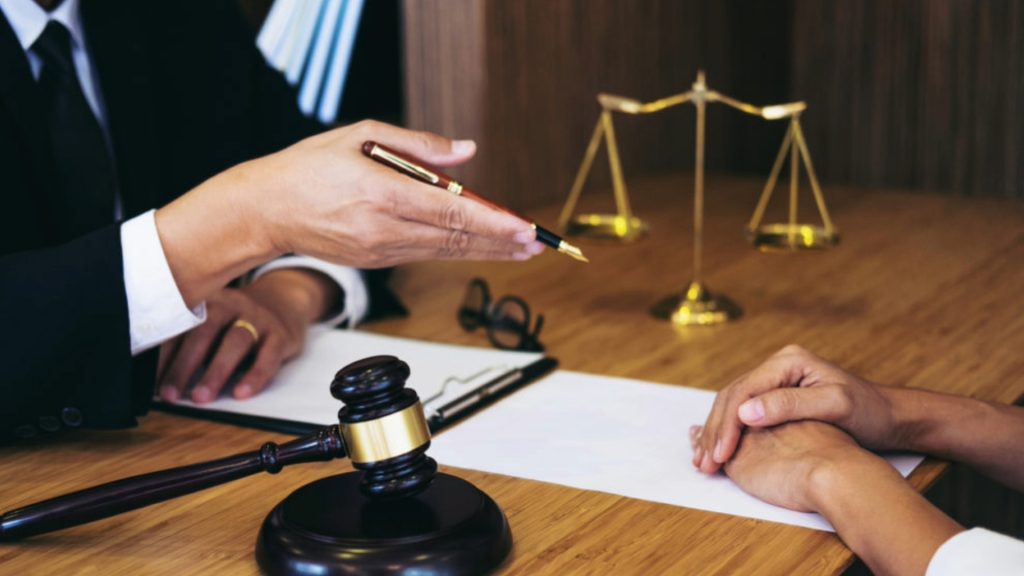
As an officer of the court, Habba also has a responsibility to uphold the integrity of the justice system. Allowing perjured testimony or falsified evidence to stand uncorrected threatens this integrity and undermines the pursuit of truth that underlies the U.S. legal system.
A Delicate Balancing Act
Navigating between these dual roles represents an ethical tightrope for any attorney. Habba must balance her duty of loyalty to Trump against her duty of candor to the court. As the civil trial against Trump progresses, her handling of this balancing act may determine not just the outcome of the trial but also her own professional reputation and legal career.
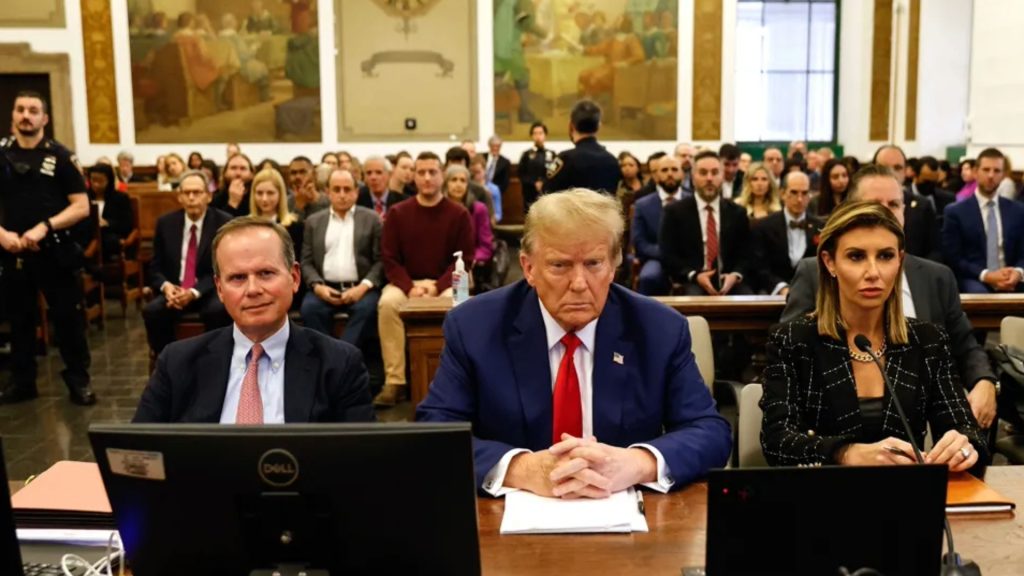
Habba’s predicament highlights the difficult position attorneys can find themselves in when their obligations to clients appear to conflict with their wider duties as officers of the court. Resolving such ethical dilemmas requires sound judgment, integrity, and an ability to see beyond narrow partisan interests. For Habba, the choices she makes in the coming weeks could define her legacy as an attorney.
Can Habba Effectively Represent Trump’s Interests?
Habba’s evasiveness implies she may violate her ethical obligations to represent her client properly. Her role is to advocate for Trump’s interests, not protect Weisselberg. If Weisselberg did commit perjury, Habba had an obligation to disclose this to the court.
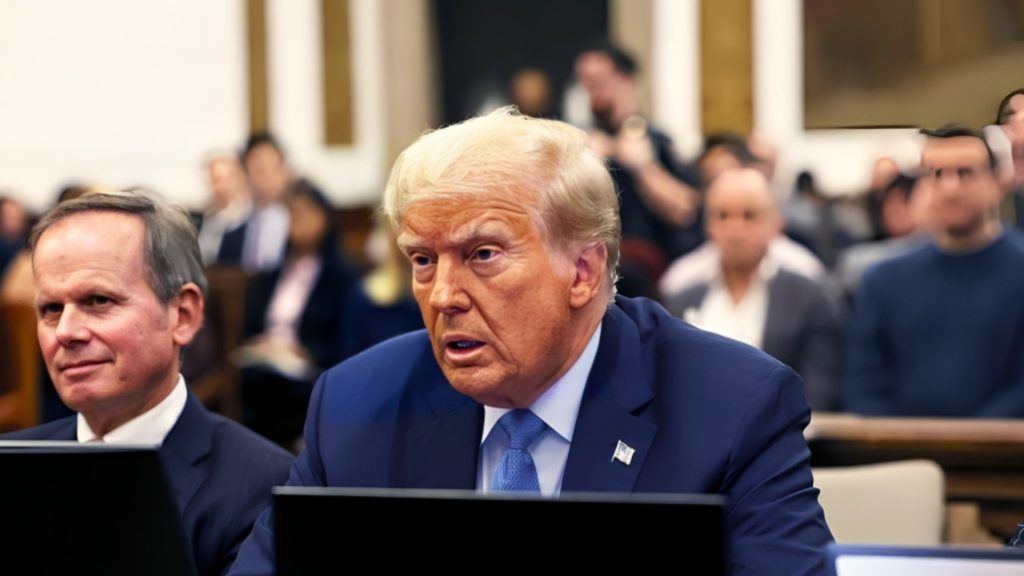
There is a high likelihood that Habba’s questionable judgment and apparent disregard for legal ethics will undermine her credibility and damage Trump’s case. Judge Engoron has already issued Habba a stern warning about her duties under Rule 3.3. If Habba continues to demonstrate unprofessional conduct and poor decision-making, she risks facing disciplinary action by the court and irreparably harming Trump’s defense.
What This Means for the Legal Profession’s Ethics Standards
The peculiar response by attorney Alina Habba to Judge Arthur Engoron’s inquiry regarding perjury charges against Allen Weisselberg, the former Chief Financial Officer of the Trump Organization, is quite noteworthy and concerning.
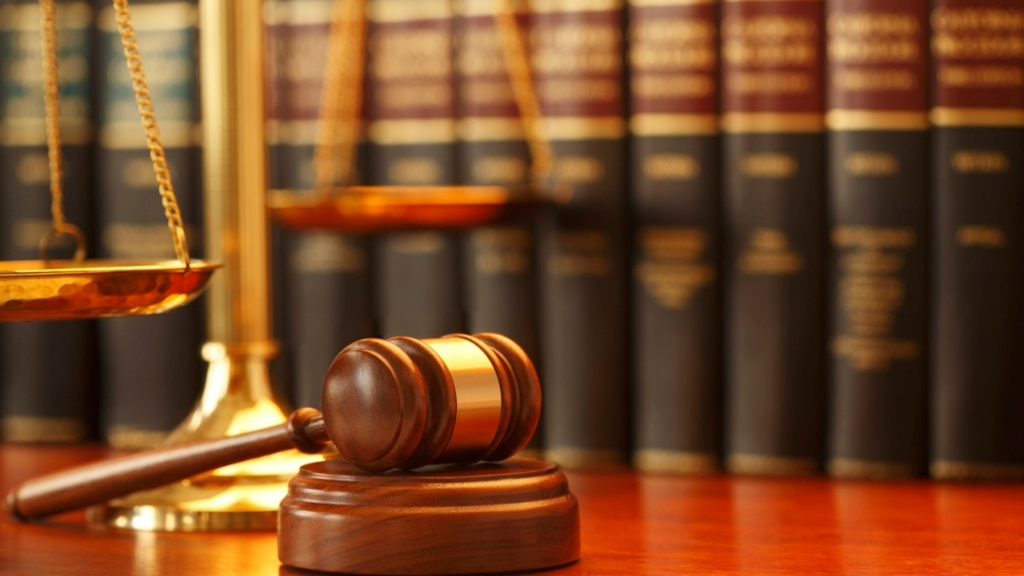
This peculiar situation highlights the importance of attorneys upholding the highest ethical standards and their obligations to the legal profession. Habba’s ambiguous response and failure to deny discussing Weisselberg’s plea deal raise concerns about her professional conduct and commitment to honesty before the court.
Habba Proving To Be an Added Challenge For Trump’s Defense
The ethical quandary facing Alina Habba as Donald Trump’s attorney highlights the complex issues that can arise when representing controversial public figures. As an officer of the court, Habba must zealously represent her client while operating within the bounds of the law and legal ethics.
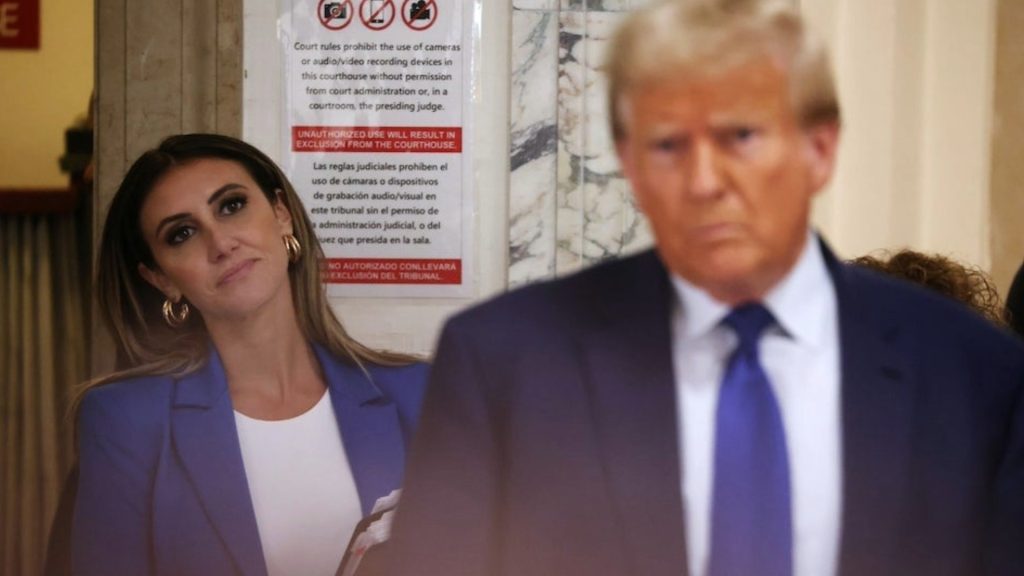
However, Trump’s propensity for spreading misinformation and embracing conspiracy theories may test Habba’s ability to toe this ethical line. Her choices could significantly impact not just her career but the integrity of the legal profession. Ultimately, the Trump representation will be a true test of Habba’s principles as an attorney.

